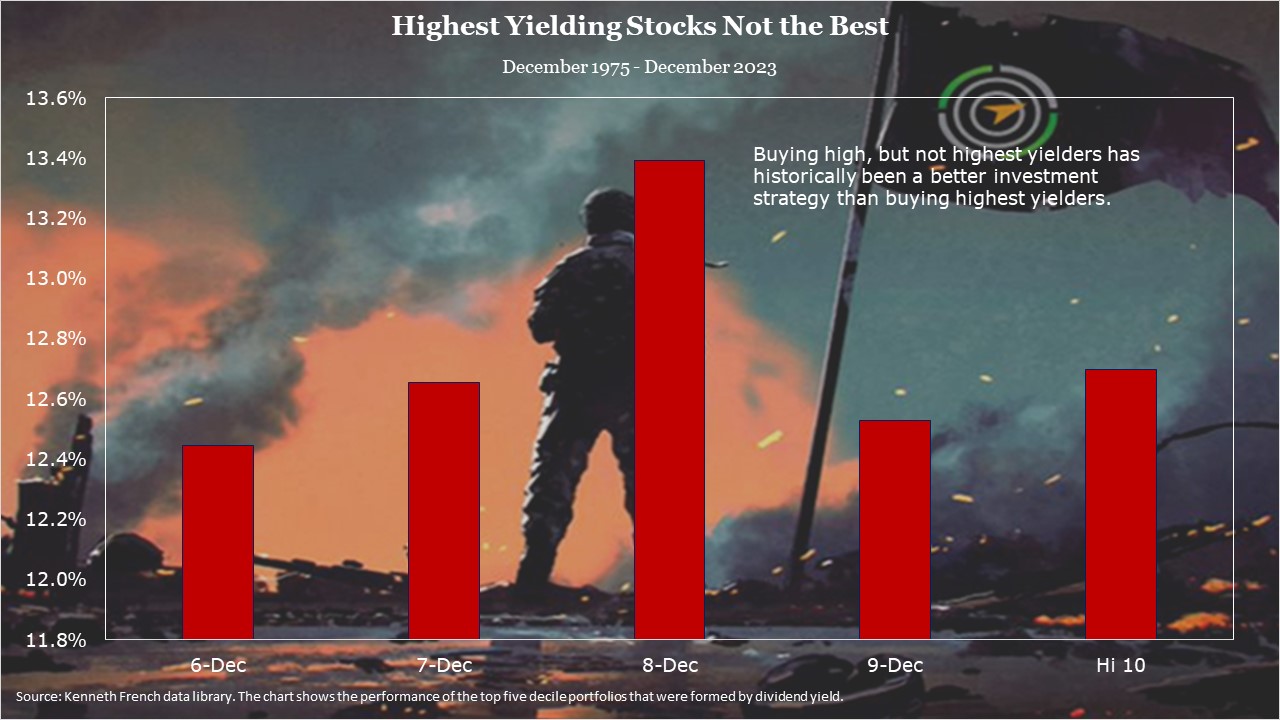The Wall Street Journal ran an article yesterday titled Top U.S. Firms Are Cash-Rich Abroad, Cash-Poor at Home. The piece pointed out that American companies are holding record amounts of cash, but much of it is overseas. By example, “Emerson Electric Co. has $2 billion of cash in the bank. But this year it had to borrow money in the U.S. to help buy back shares, distribute dividends and even pay its taxes.”
Why does Emerson Electric hold $2 billion in cash overseas and borrow money to fund dividends in the U.S.? Sounds like an awful waste of time and effort that could be better spent developing new products or entering new markets. With $2 billion in cash overseas isn’t the simple solution to transfer the cash back to the U.S. to pay dividends and repurchase shares? Ahh, but the simple solution assumes the U.S. doesn’t have a byzantine corporate tax code.
Not only does the U.S. have the world’s highest corporate tax rate, but we are also one of only seven OECD countries that still uses a worldwide tax system instead of a territorial system. That puts us in the company of such prosperous nations as Greece (bankrupt), Ireland (required a bailout), and Mexico (chaotic narco-state). Under a territorial tax system a country collects taxes only on income earned within its borders. Under a worldwide system all income of domestically-headquartered companies is subject to tax when it is repatriated (brought back) to the U.S.
A worldwide tax system creates unnecessary compliance costs, massive distortion in economic activity, deters companies from headquartering in the U.S. and traps vast amounts of capital (about $1.7 Trillion) overseas. A territorial system is a much better approach to corporate taxation. That is why all independent advisory boards including the Economic Recovery Advisory Board, the Council on Jobs and Competitiveness, and the Commission on Fiscal Responsibility and Reform recommend a territorial system. A territorial system would increase the competitiveness of U.S. business, reduce complexity and compliance costs, encourage more investment in the U.S., and create more jobs.
Unfortunately, those in power in Washington don’t only want to stick with a worldwide tax system, they want to make it more onerous. There is a half-baked idea floating around in progressive circles which says that if the U.S. eliminates the tax deferral of foreign income until it is returned to the U.S., that U.S. companies will invest more domestically. This argument is obviously free of any economic logic. The predictable outcome of such a policy would be a mass exodus of multi-nationals from the U.S. Viva la….Switzerland anybody?




